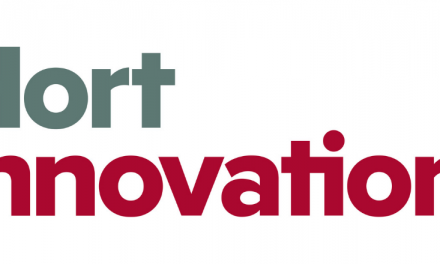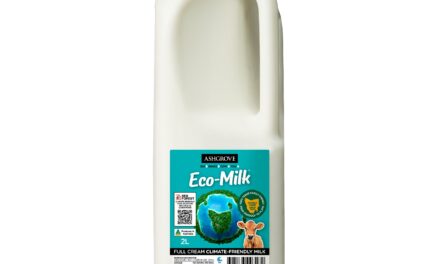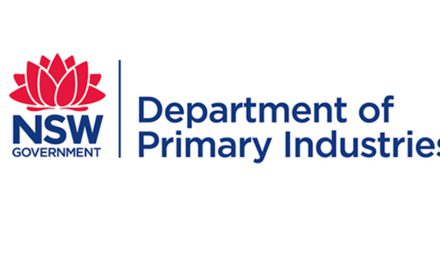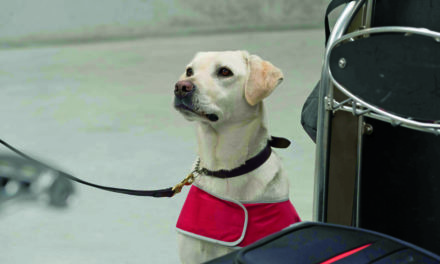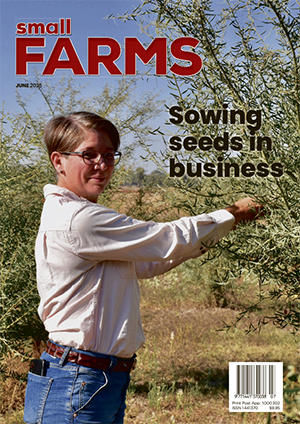Victorian beekeepers are now required to adopt stronger biosecurity practices to help protect the state’s valuable honey bee population from pests and diseases.
Minister for Agriculture Jaclyn Symes today met Kyneton beekeeper and AgriFutures Victorian Rural Women’s Award winner, Claire Moore to announce the Australian Honey Bee Industry Biosecurity Code of Practice has been adopted into the state’s beekeeping regulations.
The announcement coincides with the start of almond pollination season – the biggest livestock movement in Australia, where about 4.2 billion bees are transported to Northern Victoria to pollinate almond orchards.
Best practice biosecurity is crucial in protecting the agriculture sector into the future – and is particularly important during almond season, when the risk of transferring pests and diseases between bees is high.
The new Code requires beekeepers to check their hives for diseases at least twice a year, control diseases to prevent weakening of hives and transmission to other hives and remove hives no longer containing bees from their apiary.
The honey bee industry contributes about $17.5 million to the Victorian economy annually, while the value of pollination services to Australia has been estimated at more than $8 billion.
Victoria was reminded of the importance of protecting our honey bee population last year when the Varroa mite pest was intercepted on a ship at the Port of Melbourne.
The response saw industry, community and government come together to successfully respond to and manage the detection and keep Varroa mite from threatening Australia’s agriculture industry.
The Victorian Budget 2019/20 invests $142.5 million to boost Victoria’s biosecurity system – the largest investment of its type in the history of our state, to keep our agricultural sector secure and prevent the spread of pests and diseases.
For more information, visit agriculture.vic.gov.au/bees.


